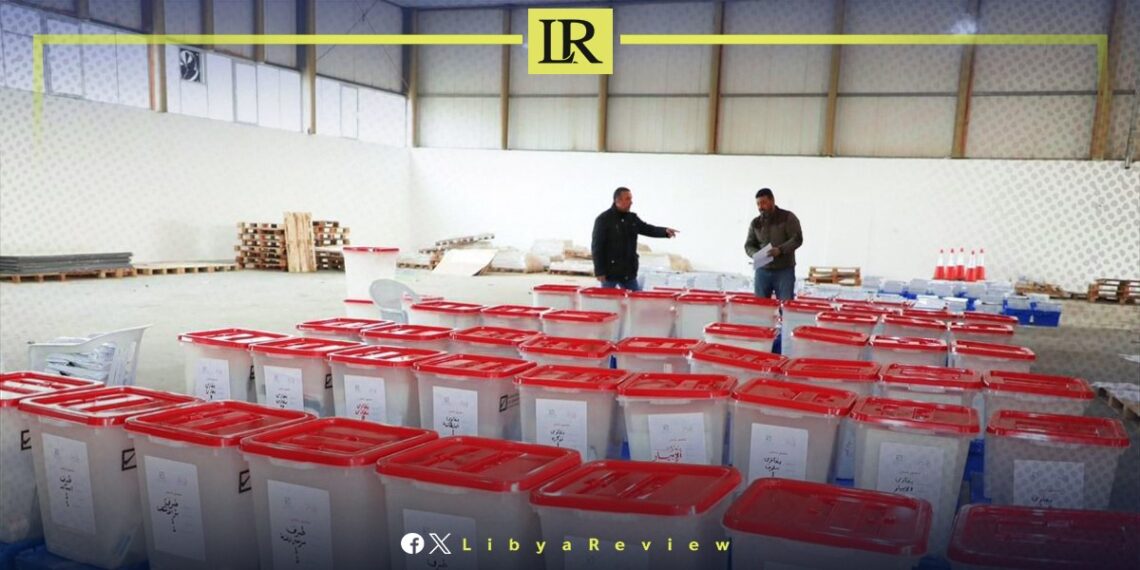The High National Elections Commission (HNEC) announced that more than 30,000 voters have been registered for the municipal council elections in 60 targeted municipalities.
As of June 18, 2024, the commission reported a total of 30,488 registered voters, including 24,600 men and 5,888 women.
The commission highlighted that if a resident is unregistered, they will receive a text message instructing them to visit the Registration Application Acceptance Committee.
Unregistered residents must go to the registration committee in their municipality with their national ID number, proof of identity, and a residence certificate issued by the local mukhtar.
The committee will fill out a form with the voter’s information and issue a receipt confirming their registration application at the chosen center. Once the data is verified, the system will send a confirmation message to the registrant.
Libya has been in chaos since a NATO-backed uprising toppled longtime leader Muammar Gaddafi in 2011. The county has for years been split between rival administrations.
Libya’s economy, heavily reliant on oil, has suffered due to the ongoing conflict. The instability has led to fluctuations in oil production and prices, impacting the global oil market and Libya’s economy.
The conflict has led to a significant humanitarian crisis in Libya, with thousands of people killed, and many more displaced. Migrants and refugees using Libya as a transit point to Europe have also faced dire conditions.
The planned elections for December 2021 were delayed due to disagreements over election laws and the eligibility of certain candidates. This delay has raised concerns about the feasibility of a peaceful political transition.
Despite the ceasefire, security remains a significant concern with sporadic fighting and the presence of mercenaries and foreign fighters. The unification of the military and the removal of foreign forces are crucial challenges.


